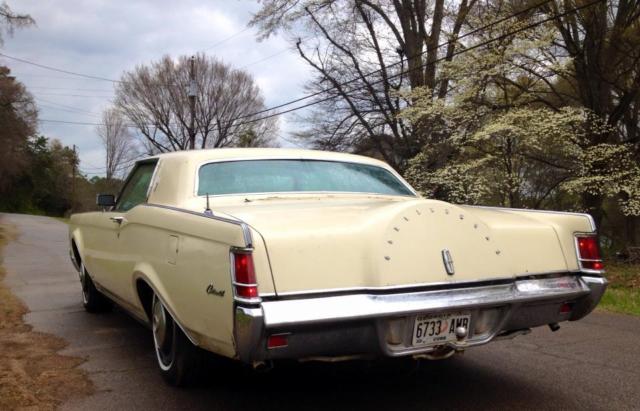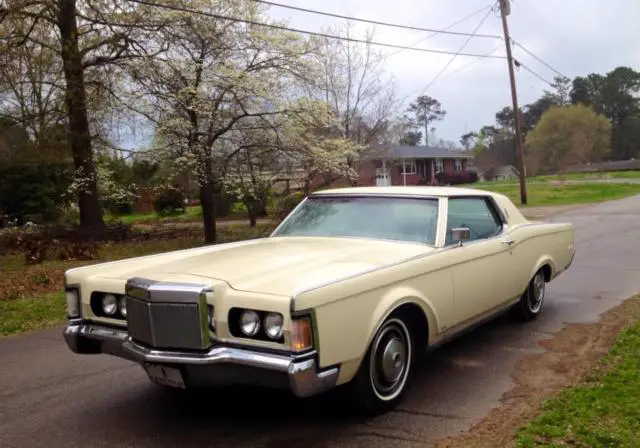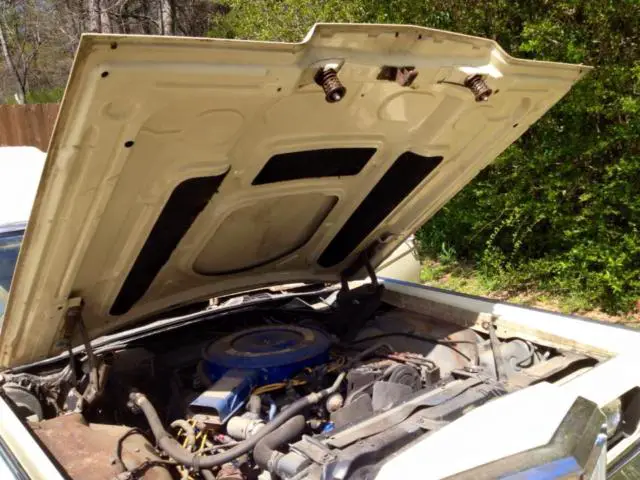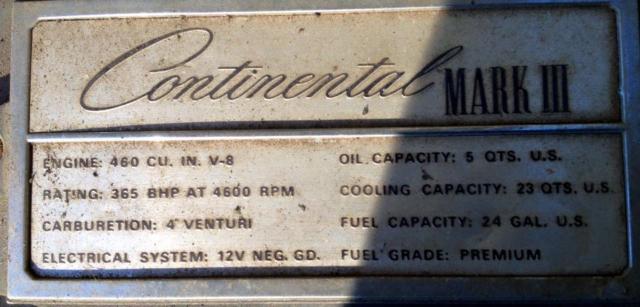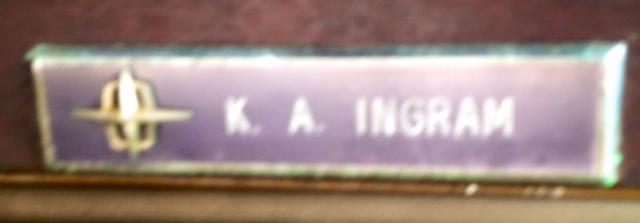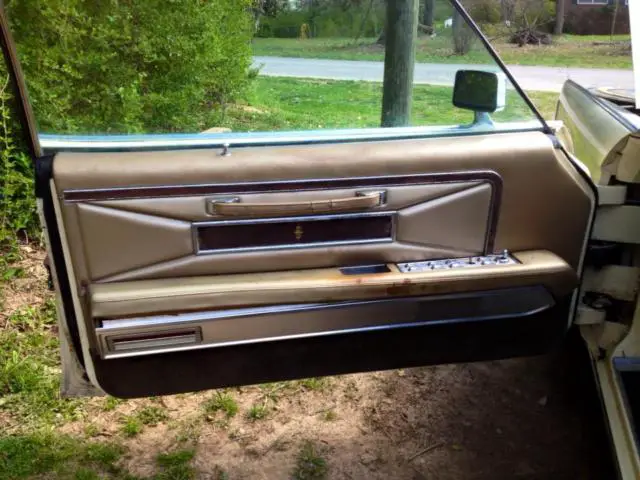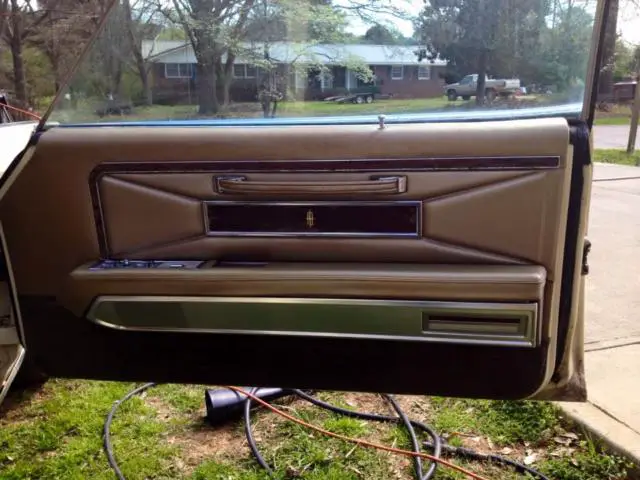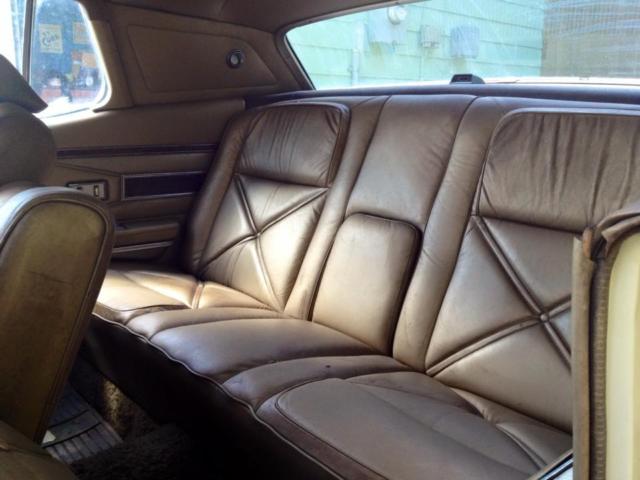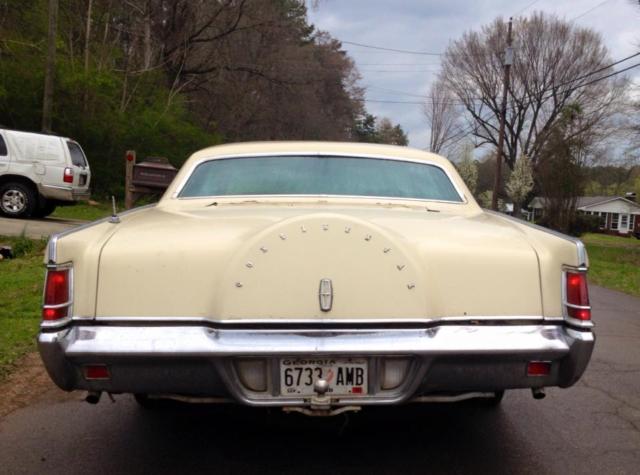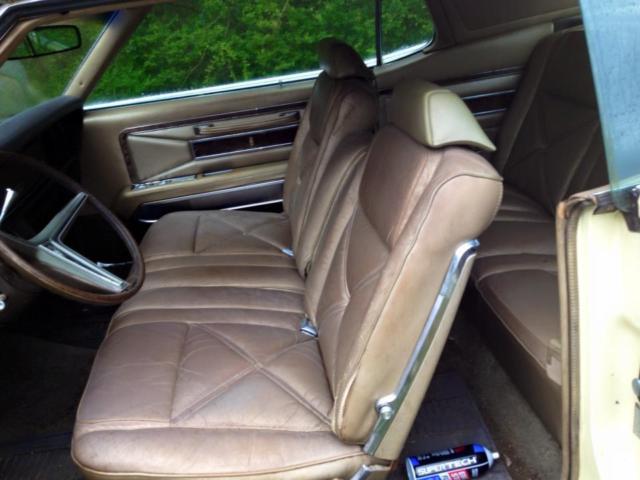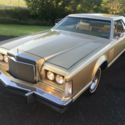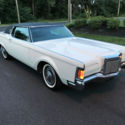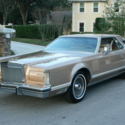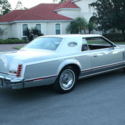1970 Lincoln Mark III rare vinyl top delete car
| Make: | Lincoln |
| Model: | Mark Series |
| Type: | Coupe |
| Year: | 1970 |
| Mileage: | 129,000 |
| VIN: | foy89A849516f |
| Color: | Yellow |
| Engine: | 460 |
| Cylinders: | 8 |
| Fuel: | Gasoline |
| Transmission: | Automatic |
| Interior color: | Gold |
| Vehicle Title: | Clear |
| Item location: | Rockmart, Georgia, United States |
1970 Lincoln Mark Series Additional Info:
The Mark III was created when Lee Iacocca, president of Ford Motor Company at the time, directed Design Vice President, Gene Bordinat, to "put a Rolls Royce grille on a Thunderbird"[2] in September 1965. The Mark III was based on the Lincoln Continental (1961-1969) and the four-door Thunderbird model,[2] which was first introduced for 1967. Iacocca wanted to put the Thunderbird's development investment to better use than just the Thunderbird model alone, which "was dying in the marketplace."[2] Instead, Ford would use that investment as a platform for several models.
Intended to compete head-to-head with Cadillac's heavily redesigned front wheel drive Eldorado, the Mark III made its debut a clear notch above less expensive, less well-appointed personal luxury cars such as the Ford Thunderbird, Buick Riviera and Oldsmobile Toronado. As the Eldorado was built upon the Toronado frame, the Mark III's was based off the Thunderbird's. While the side-rail frame was identical to the Thunderbird's, the Mark III bore almost 300lb (140kg) more bodywork. Power was ample from Lincoln's all-new 460cuin (7.5l) 365bhp (272kW) V8, a member of the Ford 385 engine family.
Introduced in April 1968 as an early 1969 model, the model was a remarkable commercial success because it combined the high unit revenue of a luxury model with the low development costs and fixed cost–amortizing utility of platform-sharing, in a car that was appealing enough to buyers that many units were sold. Iacocca said, "We brought out the Mark III in April 1968, and in its very first year it outsold the Cadillac Eldorado, which had been our long-range goal. For the next five years [Marks III and IV] we had a field day, in part because the car had been developed on the cheap. We did the whole thing for $30 million, a bargain-basement price, because we were able to use existing parts and designs."[3] Iacocca explained that this transformed the Lincoln-Mercury Division from losing money on every luxury car (via low unit sales on high fixed costs) to a profit center that in its best year of the series earned Ford almost $1 billion profit from Lincoln alone, making the new Mark series as big a success as any he ever had in his career[4]—a remarkable statement from an executive who led the programs for the original Ford Mustang and the Chrysler minivan family. Iacocca explained of the Mark series, "The Mark is [in 1984] Ford's biggest moneymaker, just as Cadillac is for General Motors. It's the Alfred Sloan theory: you have to have something for everybody [...] you always need a poor man's car [...] but then you need upscale cars, too, because you never know when the blue-collar guy is going to be laid off. It seems that in the United States the one thing you can count on is that even during a depression, the rich get richer. So you always have to have some goodies for them."[5]
The [new] Continental Mark III was a spiritual successor of the limited-production, ultra-luxurious Continental Mark II produced by a short-lived Continental division of Ford Motor Company between in 1956 and 1957. The new Mark of 1968–69, dubbed the Mark III, was actually not the first model to use the name; an earlier Continental Mark III had first worn the name in 1958. Large and somewhat extravagant even for its time, it did not sell as well as Cadillac, but nonetheless earned high reviews from motoring periodicals of the day. The 1968 Mark III was built at the enlarged facility at the Wixom, Michigan assembly plant, the same plant where future Mark-series cars would continue to be built.
In style, the Mark III was squarer and more upright than the sleek Thunderbird, featured a Rolls-Royce like grill, hidden headlights, and a classic albeit ersatz Mark II spare tire bulge on its trunk.
EquipmentStandard equipment included power steering, brakes, windows, concealed headlamps, and split bench electrically adjustable front seats. The instrument panel and trim panels on the doors featured simulated wood appliques in either English Oak or East-Indian Rosewood. After a few months, a Cartier-branded clock became standard equipment. The upholstery was either the standard vinyl with cloth inserts, or the optional leather.
The 1970 model introduced a technical innovation - it was the first American-made vehicle with radial tires as standard equipment.[6]
A vinyl roof in cavalry twill pattern was optional, but examples without the vinyl roof were rare. One reason for the rarity of the plain-roofed version is the fact that the roof was made in two pieces and required extra preparation at the factory to conceal the seam; consequently, its availability was not widely advertised. Other options included the aforementioned leather interior, air conditioning, further power adjustments for the front seats, a variety of radios and 8-track tape players, tinted glass, and power locks. A limited slip differential could be ordered, as could anti-lock brakes, called "Sure Trak".[7] Cruise control was also an option. Finally, an automatic headlamp dimmer that dimmed the headlights for oncoming cars without driver intervention was available. Full instrumentation could be ordered
1970 1970 Lincoln Continental Mark III 1970 Lincoln Continental Mark IIIThere were only small changes for 1970 and 21,432 were sold. The vinyl roof was made standard, windshield wipers were now concealed, and the wheel covers were redesigned. Michelin radial tires were standard equipment (a first for an American car),[7] and a locking steering column/ignition switch replaced the dash-mounted switch per federal mandate. The metal horn ring used in '69 was deleted from the steering wheel, replaced by a Rim Blow unit. Increasingly stringent Federal safety requirements mandated the addition of red reflectors to the rear bumper, and yellow reflectors to the sides of the front parking lamp assemblies. Although horsepower remained unchanged at 365, Federal emissions requirements were met by the installation of "Thermactor" air injection pumps on the 460 cid engine. The interior wood appliques were upgraded to genuine Walnut. The door panels were redesigned and the power seat controls were moved from the seat edge to the door arm rests. The pattern of the stitching on the seats was modified. A power sliding sun roof joined the options list.
Motor Trend’s 1970 head-to-head review of the Eldorado vs. the Mark III gave the nod, barely, to the Mark III, beginning an annual "King of the Hill" series that ran for years.
You are bidding on a rare vinyl top delete Mark III with towing package and dual exhaust, am fm radio a/c power windows and seats, tilt wheel etc.
This car needs a good tune up and some minor rust repair that you see in the photos, all pans are rock solid, all glass is good, engine runs quiet, will need an alternator, the windows do not go up and down, probably a fuse or connection, the headlights do not close but they are still tight and have not been pried on and torn up. This car was asleep for 10 years, I rescued it just for the sake of saving it and putting it in the hands of someone who likes and appreciates this style car.
NO TITLE- not required in my state, You will receive a notarized legal bill of sale along with a current state registration in my name which all 50 states honor and you will be able to register it in your state.
Buyer responsible for all shipping cost, payment must be received in full within 5 days of auction end, serious bidders only, I reserve the right to cancel any scam bid, if youwin the auction you must contact me asap with payment and pickup plans, If I do not hear from you promptly, I reserve the right to sale the car.
